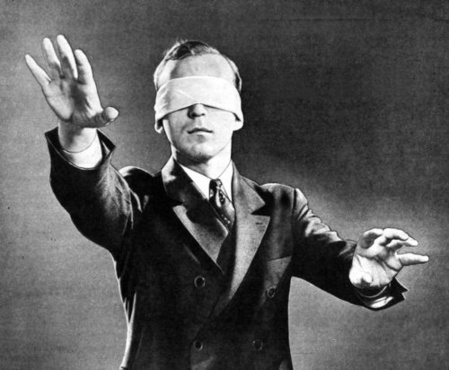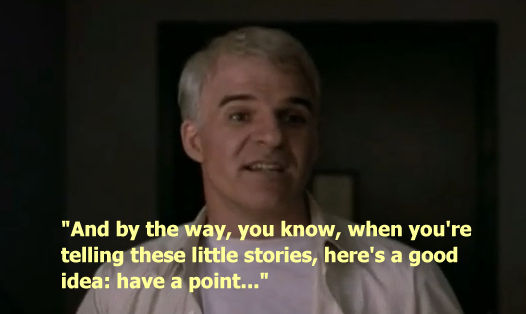 John Douglas, a former FBI agent, is now a well-known criminal profiler, and he was among the people involved in the effort to free three men who were convicted when they were teenagers, in Arkansas in the mid-1990s, of the brutal murder of three young boys. In the recent documentary on the case, “West of Memphis” (2012), he’s also among the people interviewed, to help shed light on an old case whose outcome was changed by new DNA testing methods. Continue reading “Changing Narratives, Changing Facts”
John Douglas, a former FBI agent, is now a well-known criminal profiler, and he was among the people involved in the effort to free three men who were convicted when they were teenagers, in Arkansas in the mid-1990s, of the brutal murder of three young boys. In the recent documentary on the case, “West of Memphis” (2012), he’s also among the people interviewed, to help shed light on an old case whose outcome was changed by new DNA testing methods. Continue reading “Changing Narratives, Changing Facts”
Blind Confidence
 Not long ago I posted about a paired example (one scholar in India and one in North America), each debunking what they both called other people’s superstitions. Apart from being curious as to why one of those critics met a tragic fate (the topic of my earlier post), I also find interesting the way in which the side they both share — what shall we call them: Modernists? Rationalists? Empiricists? Scientists? Secularists? — portrays those on the other; for “they,” as indicated just above, are superstitious people who rely on archaic beliefs in black magic, hocus pocus, faith (in fact, it is often called blind faith) whereas “we” boldly rely on our own cool-headed rationality and cold hard facts.
Not long ago I posted about a paired example (one scholar in India and one in North America), each debunking what they both called other people’s superstitions. Apart from being curious as to why one of those critics met a tragic fate (the topic of my earlier post), I also find interesting the way in which the side they both share — what shall we call them: Modernists? Rationalists? Empiricists? Scientists? Secularists? — portrays those on the other; for “they,” as indicated just above, are superstitious people who rely on archaic beliefs in black magic, hocus pocus, faith (in fact, it is often called blind faith) whereas “we” boldly rely on our own cool-headed rationality and cold hard facts.
But is it as simple as that? Continue reading “Blind Confidence”
What’s the Point?
 I was watching a rerun of a show on television the other night, about emotions in animals, when one of the scientists interviewed talked about how a variety of solitary observations can build up to a considerable body of observational data — “the plural of anecdote is data” he said. It’s a line, I later realized, that has been attributed to, among others, Raymond Wolfinger, a retired political scientist professor at Berkeley (see more here). Continue reading “What’s the Point?”
I was watching a rerun of a show on television the other night, about emotions in animals, when one of the scientists interviewed talked about how a variety of solitary observations can build up to a considerable body of observational data — “the plural of anecdote is data” he said. It’s a line, I later realized, that has been attributed to, among others, Raymond Wolfinger, a retired political scientist professor at Berkeley (see more here). Continue reading “What’s the Point?”
